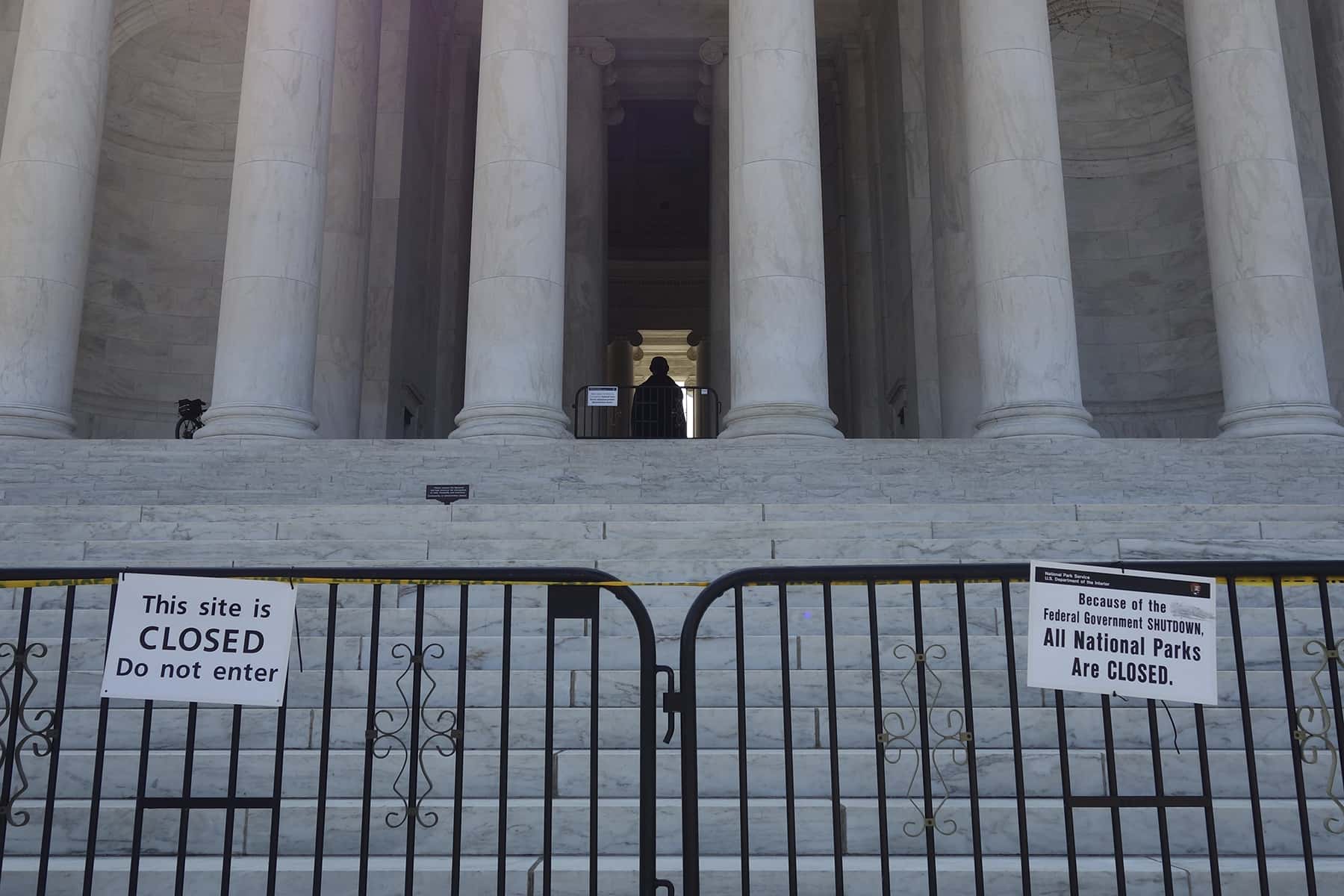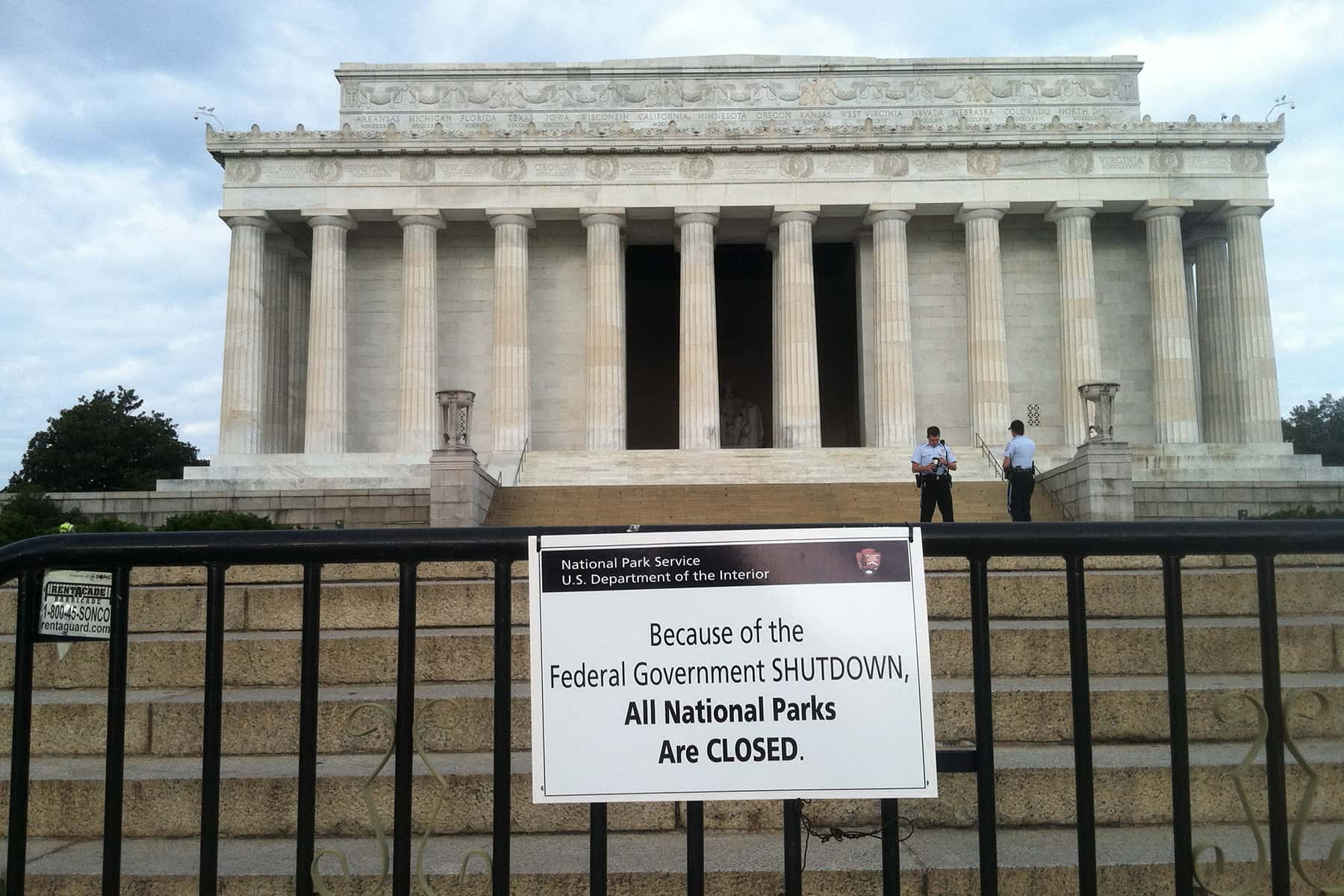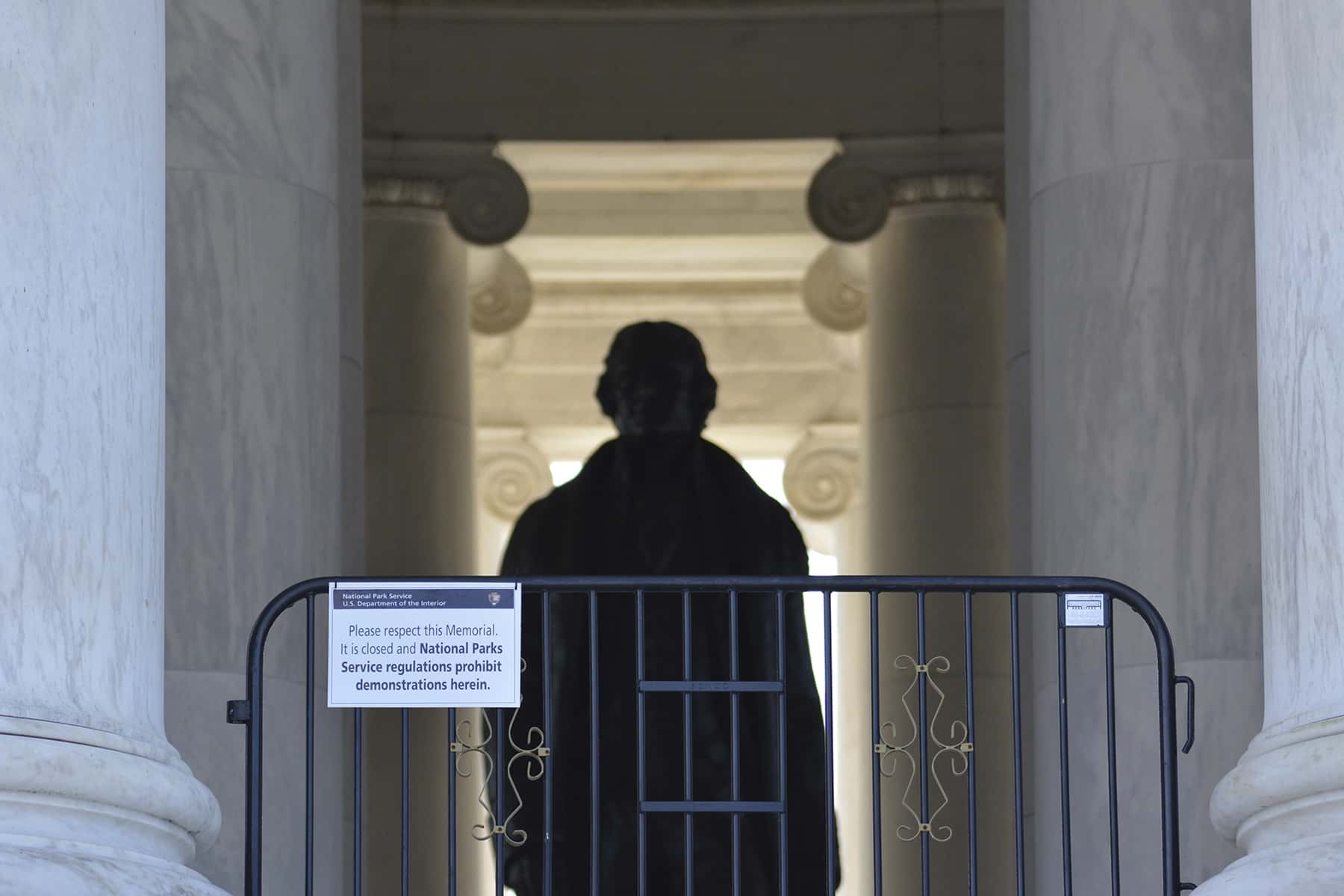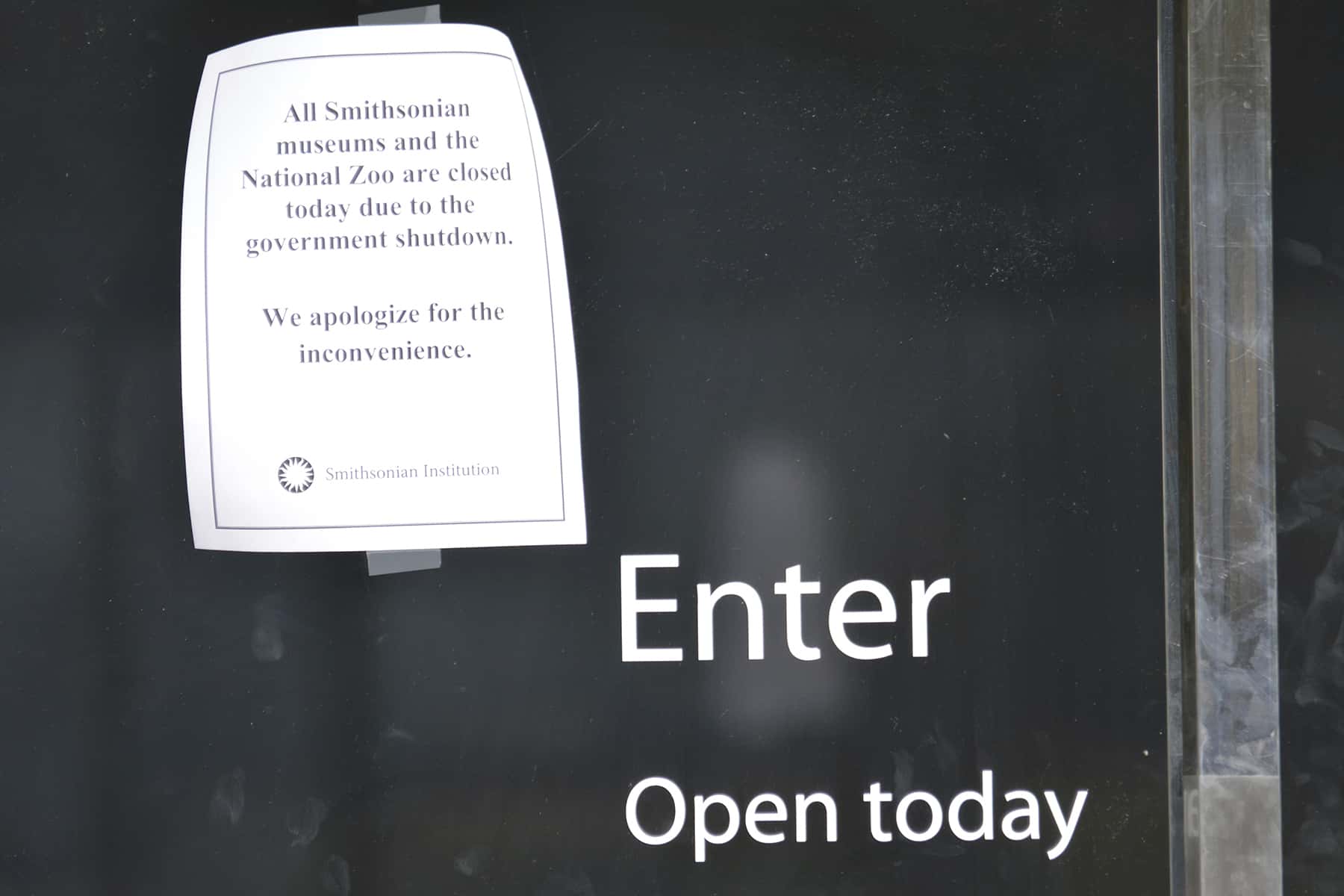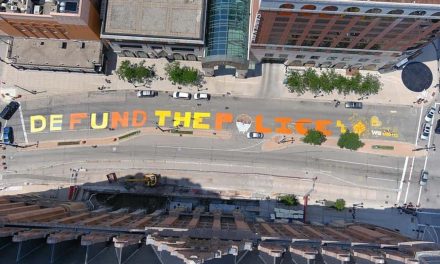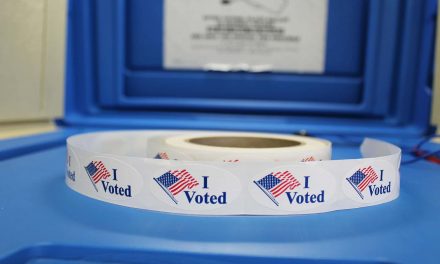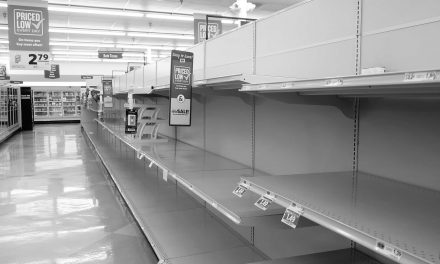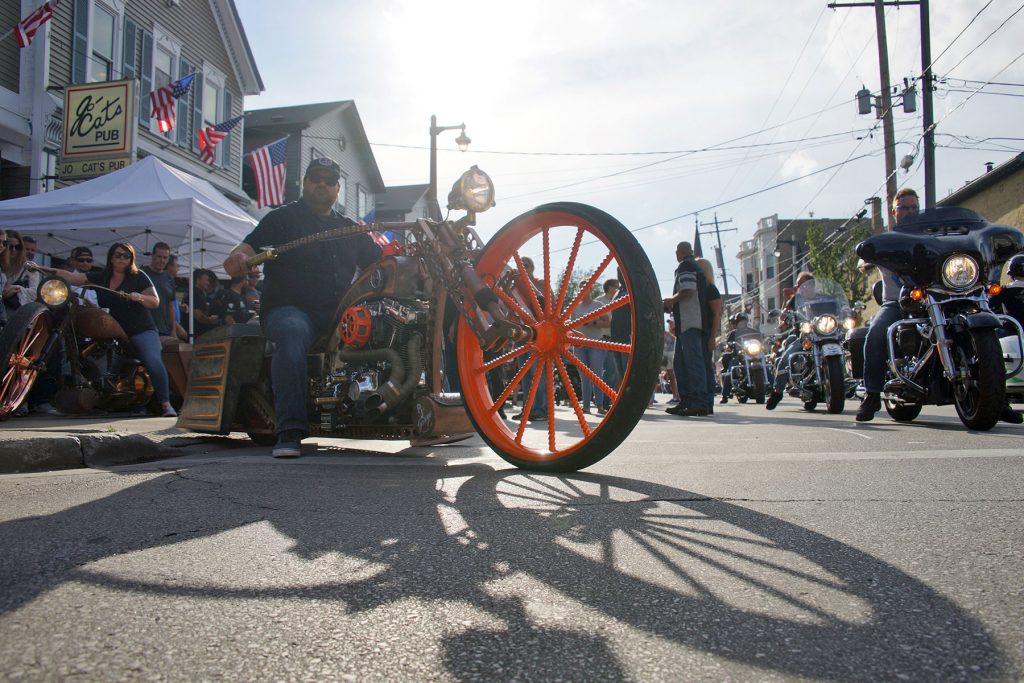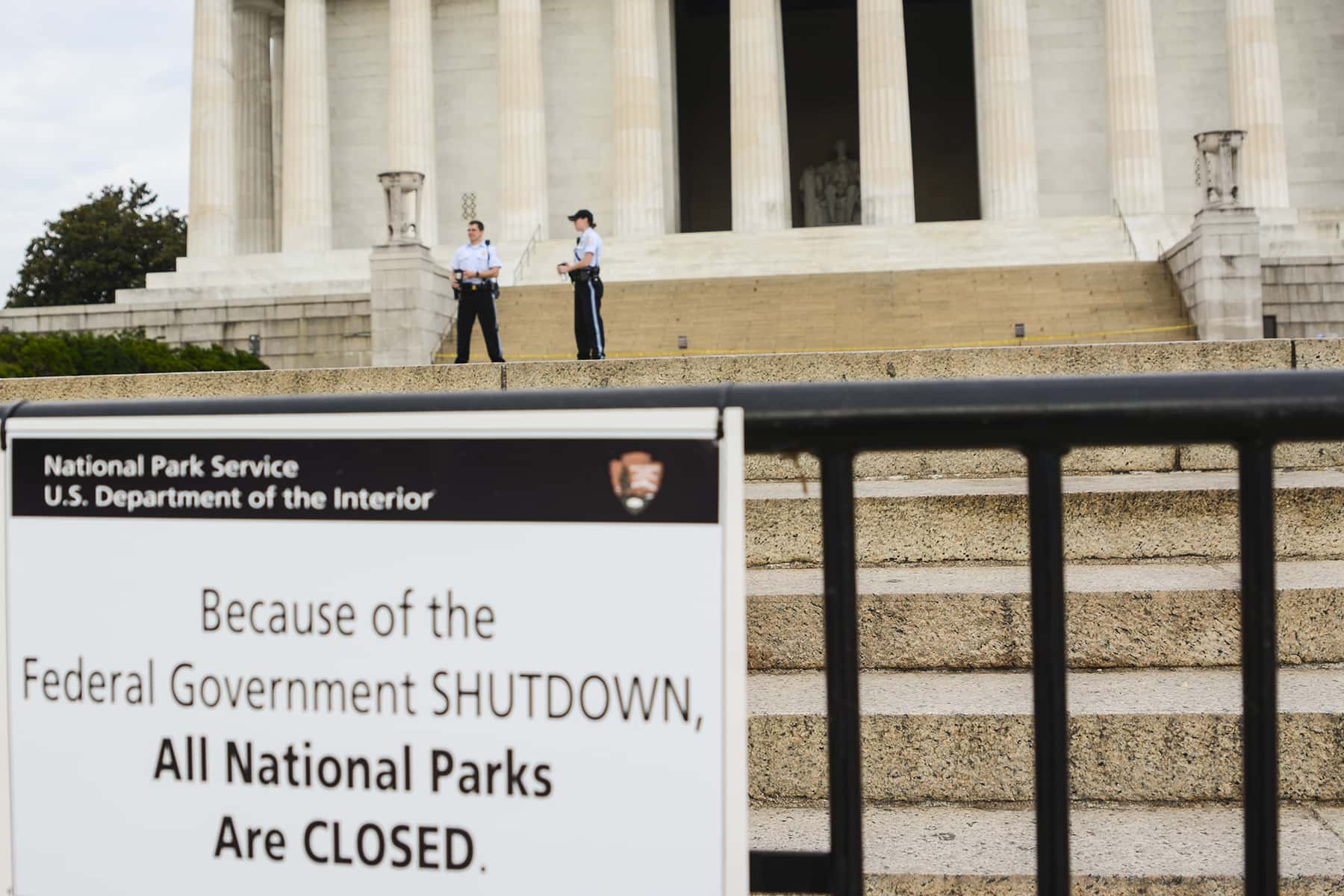
As a 26-year-veteran of the National Parks Service, this is not the first time Lora Williams has been furloughed during a government shutdown and had to make ends meet without a paycheck.
But this one, she said, is the worst ever. “I don’t have cash reserves and I’m barely staying above water,” said Williams. “The uncertainty is driving me crazy.”
And as the shutdown over Donald Trump’s border wall barrels into its third week, when it would become the longest in US history, the weight of that uncertainty is being disproportionately shouldered by black Americans like Williams. Black people make up 12% of the US population, but more than 18% of the federal workforce, according to a study by the Partnership for Public Service.
“My mother tells me – bless her heart – there’s a bed here if you need it,” Williams said, her voice becoming emotional. “I’m 50. I’m not going back to my parents’ house.”
Hiring discrimination in the private sector has long driven black Americans to government jobs (federal, state and local) for steady, gainful employment. Following the legislative civil rights gains of the 1960s, government agencies, especially federal, generally held themselves more stringently to anti-discrimination laws than private employers of the era.
In turn, black Americans “saw that public service employment opened up economic opportunities for good, well-paid jobs that provide some measure of protection against discrimination,” according to Farah Ahmad, a policy analyst at the Center for American Progress writing during the 2013 government shutdown.
“The competitive pay scales of government employment have lifted generations of black people into the middle class,” she added.
Perhaps nowhere is that more true than in the predominantly black Washington DC suburbs Prince George’s county in Maryland. The county is home to the highest concentration of middle-class black Americans in the country, largely due to public sector employment.
“Around here people’s families work for the government, generationally,” said Kenneth Graves, a federal employee currently on furlough who grew up in Prince George’s.
“My mom works for the government. My dad worked for the government,” Graves said. “That’s what we always heard growing up – get a good government job.”
Graves, who is black, said he can probably sustain about another month of the shutdown before he depletes the last of his savings. A furloughed Federal Aviation Administration employee, Graves is currently looking for part-time work in hospitality to keep some income coming in, and stay occupied.
“We’re all just sitting at home or looking for a part-time position,” Graves said. “It’s really challenging.”
The profound racial wealth gap in the US makes it far more difficult for the average black American to sustain a long period without a paycheck as compared to white Americans or the US average. Median black household wealth is about $1,700 and falling, while median white wealth sits at over $116,000, according to a 2017 study by Prosperity Now and the Institute for Policy Studies.
Graves said he’s already called his student loan provider to ask for a deferment while Williams told the Guardian she’s still dreading a call to her landlord to ask if she can postpone her next month’s payment.
She scoffed at a letter to federal employees sent out near the beginning of the shutdown suggesting ways to ask for a “reduced payment plan” during the furlough.
“They say talk to these creditors? They don’t want to hear your problems and they don’t care. They want their money,” Williams said. Like many federal workers, she’s turned to a GoFundMe campaign to try and keep afloat.
As stressed as she is, Williams is even more worried about federal contractors who, unlike federal employees are not historically issued back pay once the shutdown ends. In the parks system, for example, many of the trash removal and custodial services are provided by contractors. “These are people that I work with closely, and it really bothers me that they are not going to get paid,” Williams said.
Here again, the burden falls disproportionately to black Americans. According to the business analytics firm Equant, “Black-owned firms comprise 2.1% of all small businesses in the country that have one or more employees. However, such firms make up 11.7% of registered federal contractors.”
When questioned about the impact the furlough is having on federal employees, Trump has suggested that many, “maybe most of those people, that really have not been – and will not be getting their money in at this moment – those people, in many cases, are the biggest fan of what we’re doing.”
“When he says that, I wanna jump through my television,” Williams said.
There is no end in sight for the shutdown. On January 9, a meeting between Trump and congressional leadership to try and push past the impasse ended abruptly with Trump reportedly storming off, later calling it a “total waste of time.”
While some Republicans have said they would support reopening the government without funding for Trump’s border wall, the president is urging Senate Republicans to “stick together.”
Jamiles Lartey
John Sonderman
Originally published on The Guardian as ‘Barely above water’: US shutdown hits black federal workers hardest
Help deliver the independent journalism that the world needs, make a contribution of support to The Guardian.

